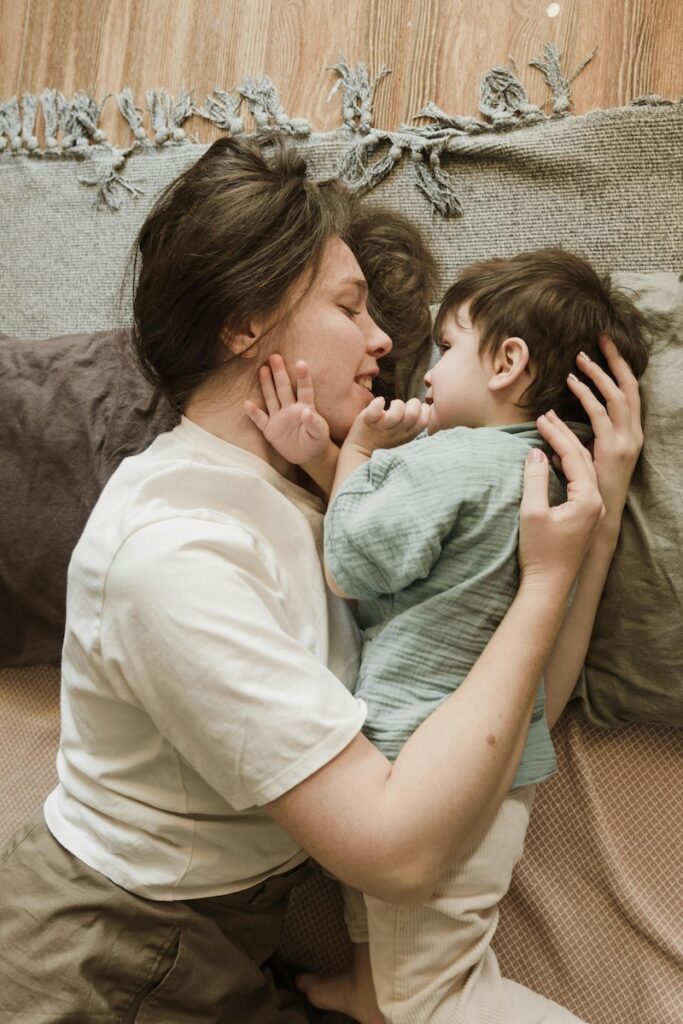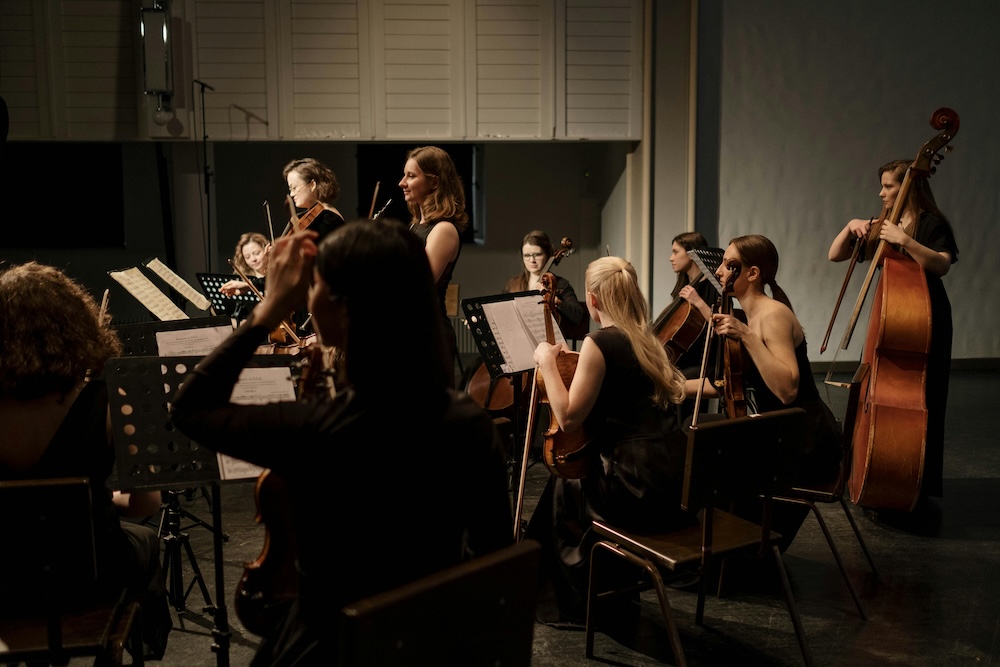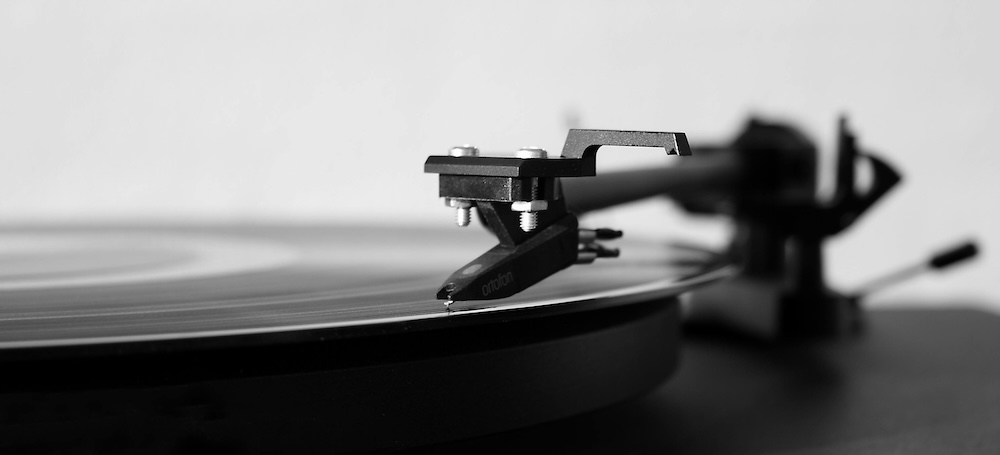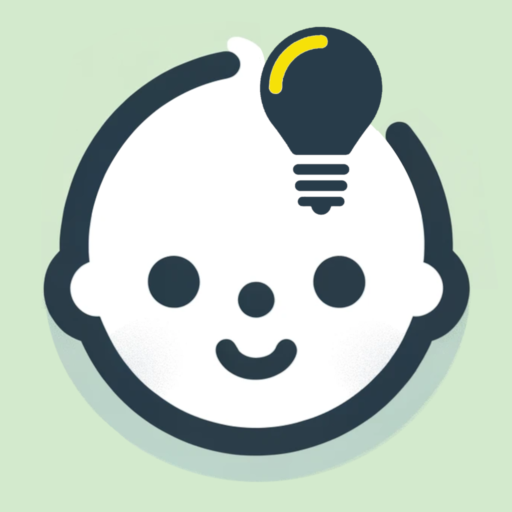
Music has a profound effect on our emotions and can also play a significant role in brain development, especially for babies. A soothing lullaby can calm a fussy baby, while an upbeat song can stimulate their senses. Recent research reveals that music can shape the way we think and influence the development of neural connections in the brain. Let’s explore how music impacts your baby’s brain development and how you can incorporate it into your daily routine to foster cognitive growth and emotional bonding.
How Music Influences Brain Development
Babies are born with billions of brain cells, or neurons, which form connections as they grow. These connections become stronger with regular use. Music helps in forming these neural pathways, particularly those related to auditory and spatial reasoning skills. When children are exposed to music, they develop strong music-related connections in their brain, which can influence other areas of thinking.
One fascinating aspect of music is its ability to “prime” the brain for specific types of thinking. Listening to classical music, for example, has been shown to improve spatial reasoning temporarily. This effect is because the complex structures of classical music activate similar pathways used for spatial tasks. While this boost in spatial skills is short-lived, lasting about an hour after listening, it highlights the brain’s remarkable adaptability.
Learning to play an instrument can have more enduring effects. Studies show that children who take music lessons, such as piano, exhibit improved spatial reasoning and problem-solving skills. This is because musical training creates new neural pathways and strengthens existing ones, enhancing overall cognitive abilities.

The Role of Classical Music
Classical music, composed by the likes of Bach, Beethoven, and Mozart, is known for its complex structure, which even babies as young as three months can recognize. This complexity is believed to prime the brain for solving spatial problems more effectively. However, all types of music can build music-related pathways in the brain and have positive effects on mood and learning.
The Emotional and Cognitive Benefits of Music
Exposing babies to music from a young age has numerous benefits, including:
Enhanced Language Skills: Music and language share many similarities, such as rhythm, melody, and patterns. Listening to music helps babies recognize these patterns, which are crucial for language acquisition. Singing to your baby also introduces them to new words and sounds, speeding up the process of learning to speak.
Improved Memory: Musical activities, such as learning songs, help with memory retention. This is because music engages multiple areas of the brain, including those involved in memory and recall.
Better Emotional Regulation: Music has a soothing effect on both babies and adults. Playing calming music can help regulate a baby’s emotions, reducing stress and promoting a sense of security.
Enhanced Pattern Recognition: Exposure to music enhances a baby’s ability to recognize patterns, an essential skill for language development and problem-solving.

Practical Ways to Incorporate Music into Your Baby’s Routine
Play Music Regularly: Expose your baby to various musical styles and genres. Playing music softly in the background during playtime or mealtimes can create a pleasant and stimulating environment.
Sing to Your Baby: Your voice is incredibly soothing to your baby. Sing lullabies, nursery rhymes, or even your favorite songs. Singing helps your baby learn language patterns and strengthens your bond.
Interactive Musical Play: Introduce simple musical instruments like rattles, drums, or tambourines. Encourage your baby to play with these instruments to develop their auditory and motor skills.
Dance Together: Moving to music is a fun way to engage your baby. Dancing helps with physical coordination and introduces them to rhythm and timing.
Start Music Lessons Early: If possible, introduce formal music lessons once your child shows interest and is developmentally ready. Many young children enjoy making music and can start learning the basics of an instrument at an early age.
Understanding the Limits of Music’s Impact
While music has many benefits, it’s important to understand its limits. There’s no concrete evidence that music alone can make babies smarter. However, it can enhance certain cognitive skills and make learning more enjoyable. The goal should be to create a rich, stimulating environment where music is one of many tools used to support development.

Music is a powerful tool that can significantly impact a baby’s brain development. From enhancing language skills and memory to improving emotional regulation and pattern recognition, the benefits of exposing your baby to music are numerous. By incorporating music into your daily routine through regular listening, singing, and interactive play, you can foster a love for music and support your baby’s cognitive and emotional growth. Remember, the joy and connection music brings are just as important as the developmental benefits. So, turn up the tunes, sing a song, and enjoy the magical world of music with your little one.

Leave a Reply